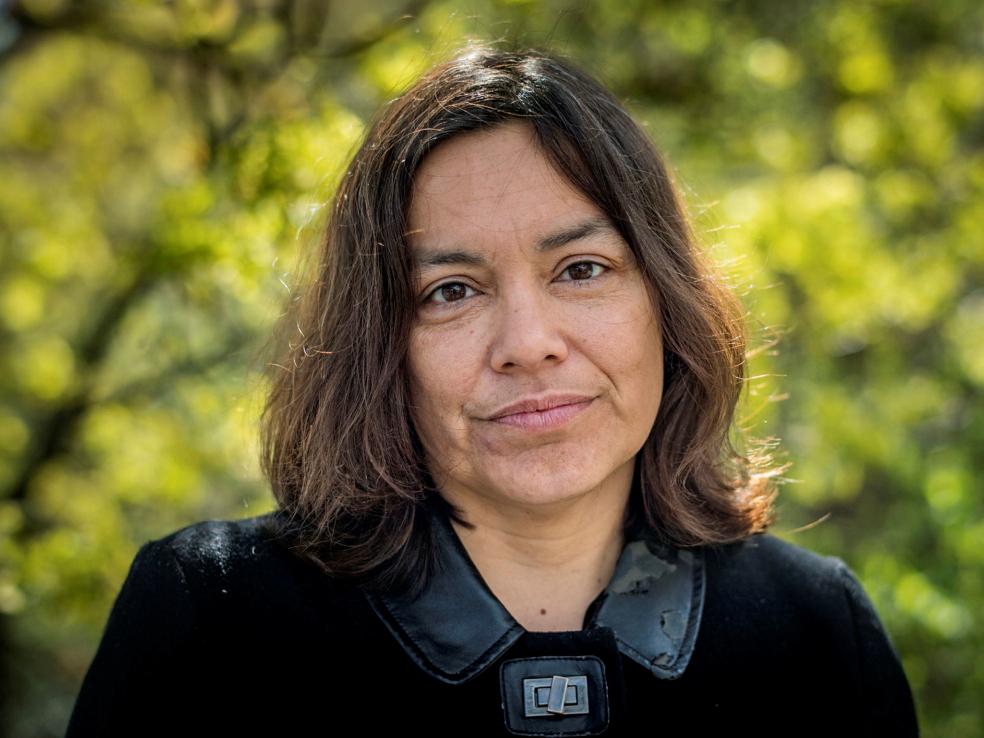
Sara Ahmed (born 1969) is an Australian and British Pakistani academic working at the intersection of feminist theory, queer theory, critical race theory and postcolonialism.
Life
Sara Ahmed was born in Salford, England. She has a Pakistani father and English mother. She emigrated to Adelaide, Australia with her family in 1973. Key themes in her work relating to migration, orientation, difference, strangerness, and mixed identities relate directly to some of these early experiences. She completed a BA (hons) in English and History at Adelaide University from 1987–1990, and then undertook doctoral research at the Centre for Critical and Cultural Theory, Cardiff University from 1991-1994. Sara Ahmed was based at the Centre for Women’s Studies (later the Institute for Women’s Studies) at Lancaster University from 1994–2004, and was Co-Director and then Director of the Institute from 2000-2003. Appointed to the Department of Media and Communications at Goldsmiths College, University of London in 2004, she is now Professor of Race and Cultural Studies at Goldsmiths. She has been an Executive Member of the Feminist and Women’s Studies Association (UK and Ireland), and has also acted as Co-Chair of this Association as well as Editor of its Newsletter. In the Spring semester of 2009, she was the Laurie New Jersey Chair in Women’s Studies at Rutgers University and has previously held visiting appointments in Gender Studies at Sydney University (2003-4) and Adelaide University (1999). Sara Ahmed was the Diane Middlebrook and Carl Djerassi Visiting Professor at the University of Cambridge Centre for Gender Studies in the Spring term of 2013. Sara Ahmed is an Associate Editor of International Journal of Cultural Studies, and is also on the editorial boards of 16 other academic journals and book series, including New Formations, European Journal of Women's Studies, GLQ and Sexualities.
Works
Sara Ahmed has published 7 single-authored books: Differences that Matter: Feminist Theory and Postmodernism (1998);Strange Encounters: Embodied Others in Post-Coloniality(2000).; The Cultural Politics of Emotion (2004); Queer Phenomenology: Orientations, Objects, Others (2006);The Promise of Happiness.(2010), which was awarded the FWSA book prize in 2011 for "ingenuity and scholarship in the fields of feminism, gender or women’s studies"; On Being Included: Racism and Diversity in Institutional Life (2012). and Willful Subjects. She has also edited or co-edited 7 books and journals, and has published over 60 journal articles and book chapters. One reviewer of her work has commented: “Few academic writers working in the UK context today can match Sara Ahmed in her prolific output, and fewer still can maintain the consistently high level of her theoretical explorations."
While much of the history of moral philosophy from Aristotle to John Stuart Mill has described “happiness as the ultimate object of our desires,” Sara Ahmed’s The Promise of Happiness (2010) “takes on the long-standing philosophical affinity for happiness in exposing ways in which the concept of happiness functions to justify oppression and to recast social norms and human goods.” As one reviewer writes, quoting Ahmed's 2010 monograph, "Ahmed is not concerned with what happiness 'is' but with the kinds of cultural, phenomenological, and political work it does. She historicizes the concept, attending to the 'happiness turn' at work in popular culture and in science, arguing that 'by finding happiness in certain places, [the science of happiness] generates those places as being good, as being what should be promoted as goods' (6)—or as 'happiness objects,' which orient us or compel us to turn toward them to generate “accumulative positive affective value as social good' (21)."
Sara Ahmed's essay published in 2010, "Feminist Killjoys (And Other Willful Subjects)" which reclaims the figure of the feminist killjoy as a site of political potential, has circulated widely. She has since begun a blog on feminist killjoys .
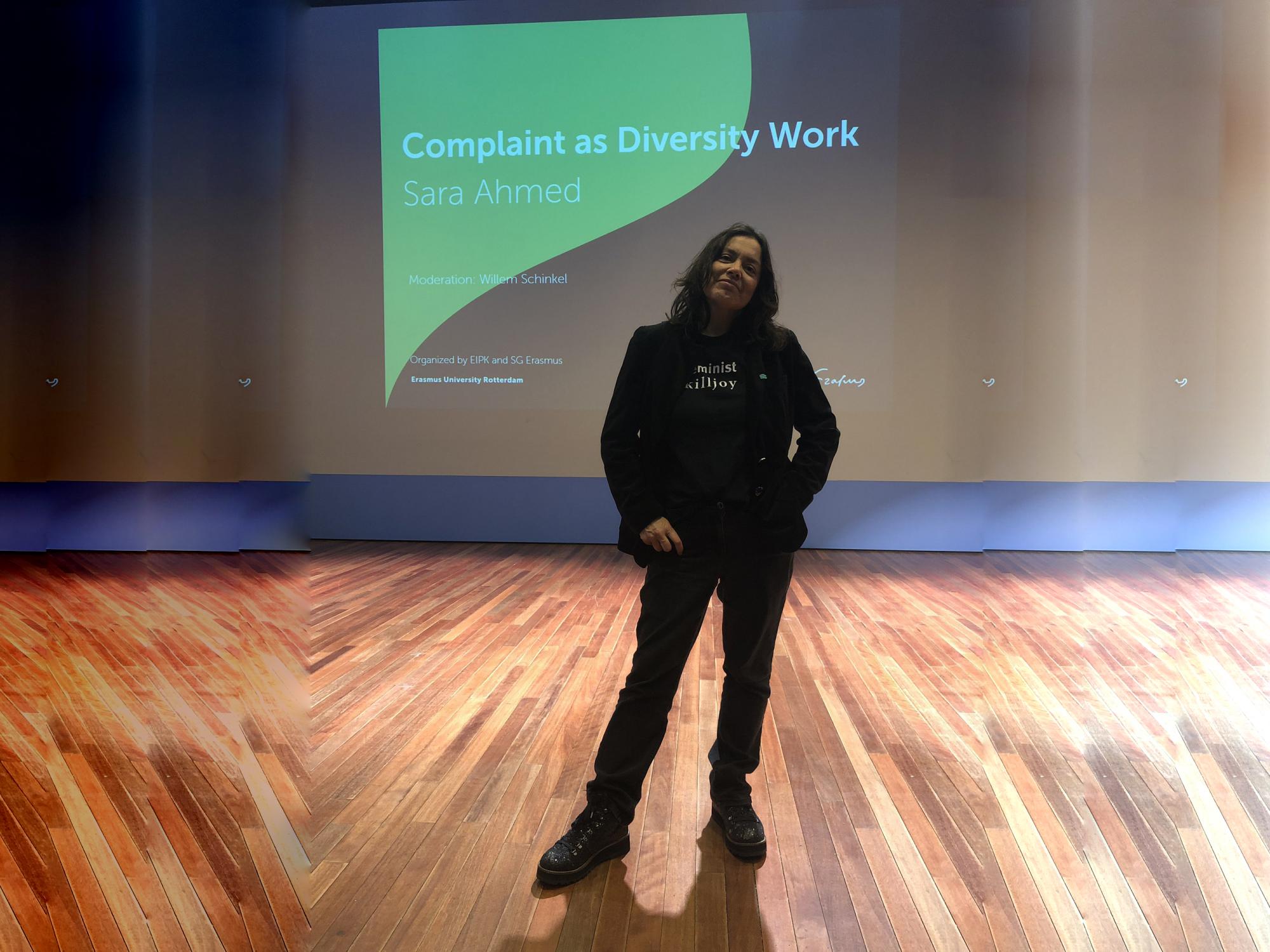
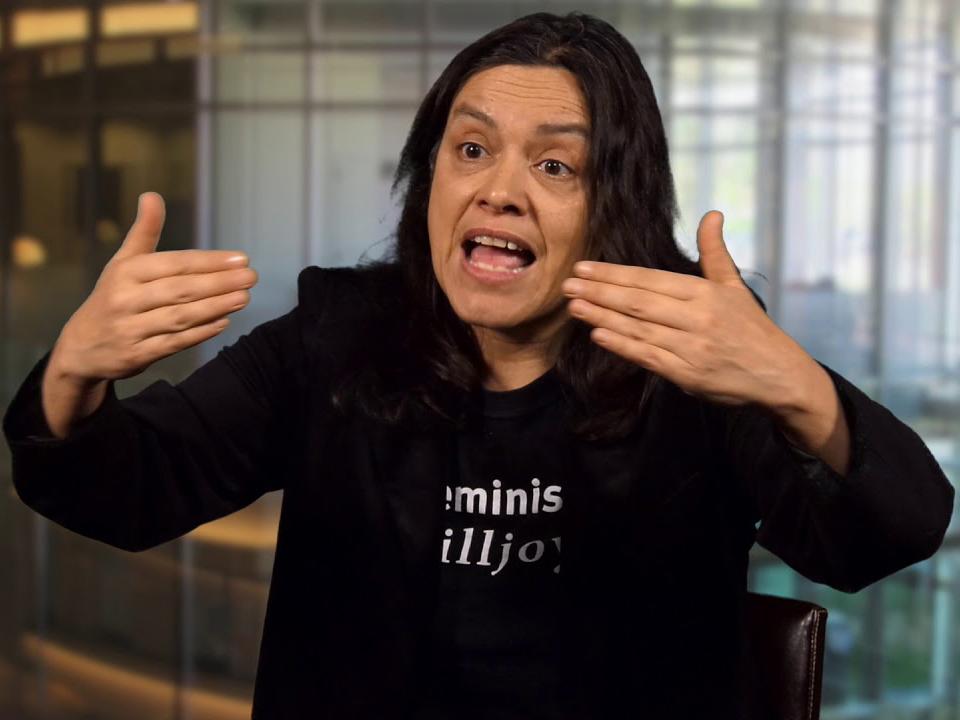
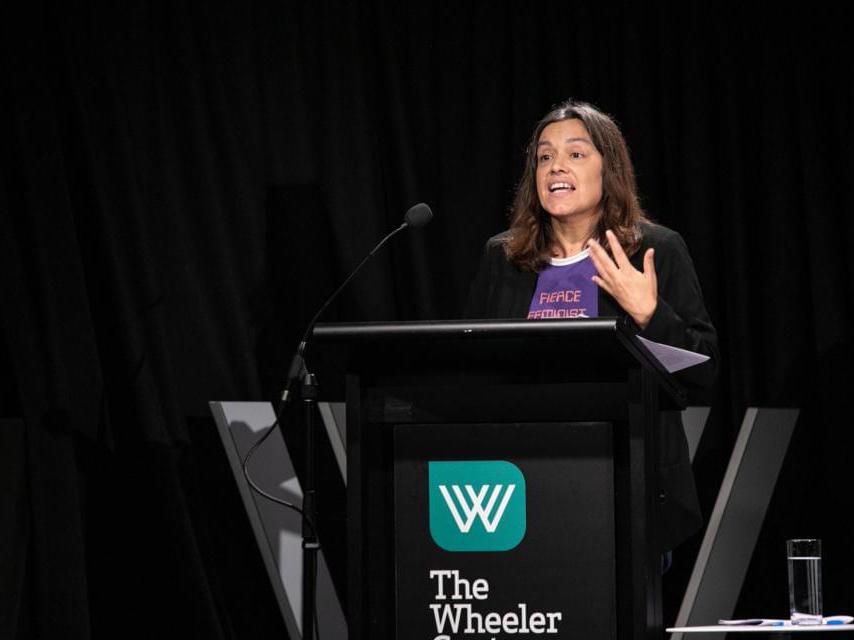
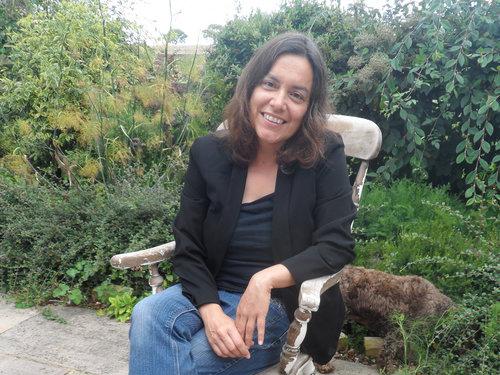
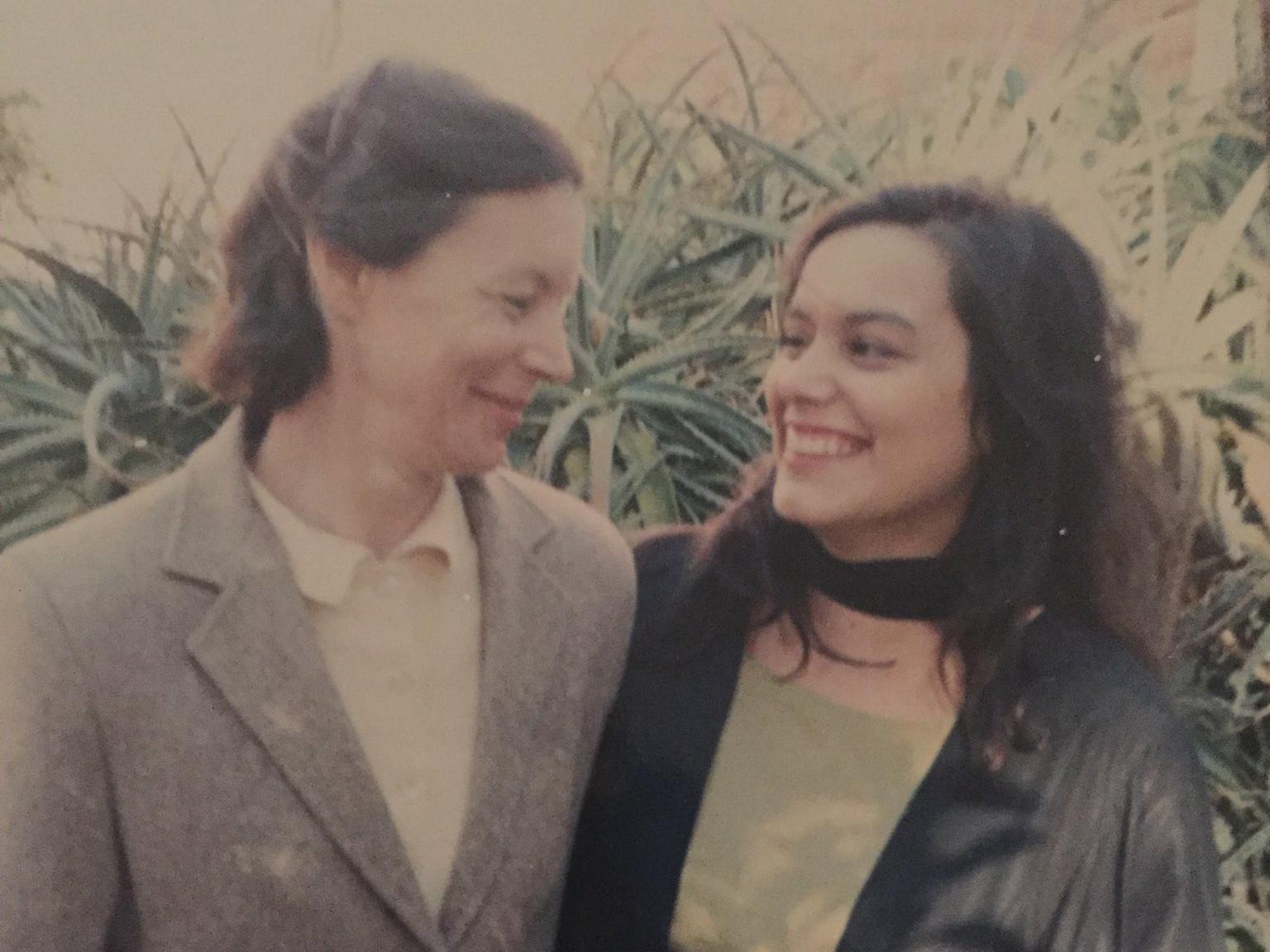

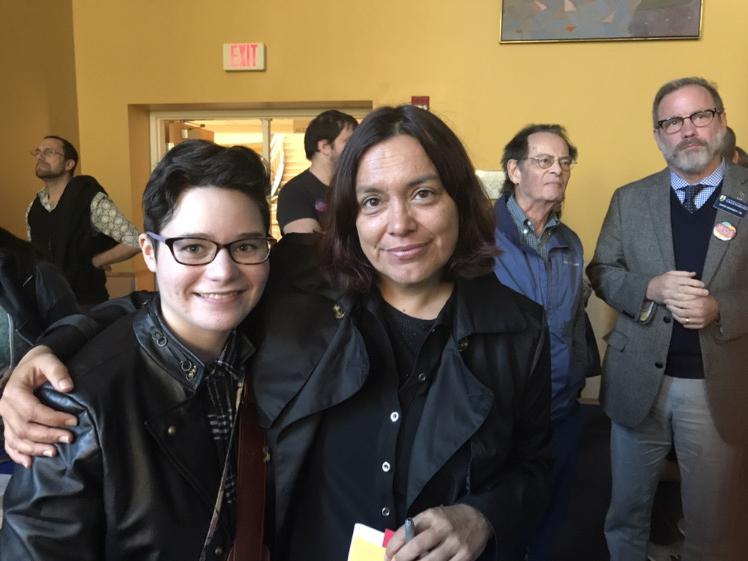
Interviews
- (2007). Salla Tuori and Salla Peltonen, "Feminist Politics: An Interview with Sara Ahmed," Nordic Journal of Feminist and Gender Research, Volume 15, Issue 4 2007, pages 257–264.
- (2009). Ward, Amanda and Ahmed, Sara. "Global Emotion", The Adelaide Review, Issue 356.
- (2012). Kate Sang and Sara Ahmed. "Interview with Book Prize Winner," FWSA Newsletter, March, pages 7–9.
- (2013). Antwi, Phaneul; Brophy, Sarah; Strauss, Helene; Troeung, Y-Dang; and Ahmed, Sara. "Not Without Ambivalence," Interventions 15:1, pages 110–126.
Source: From Wikipedia, the free encyclopedia